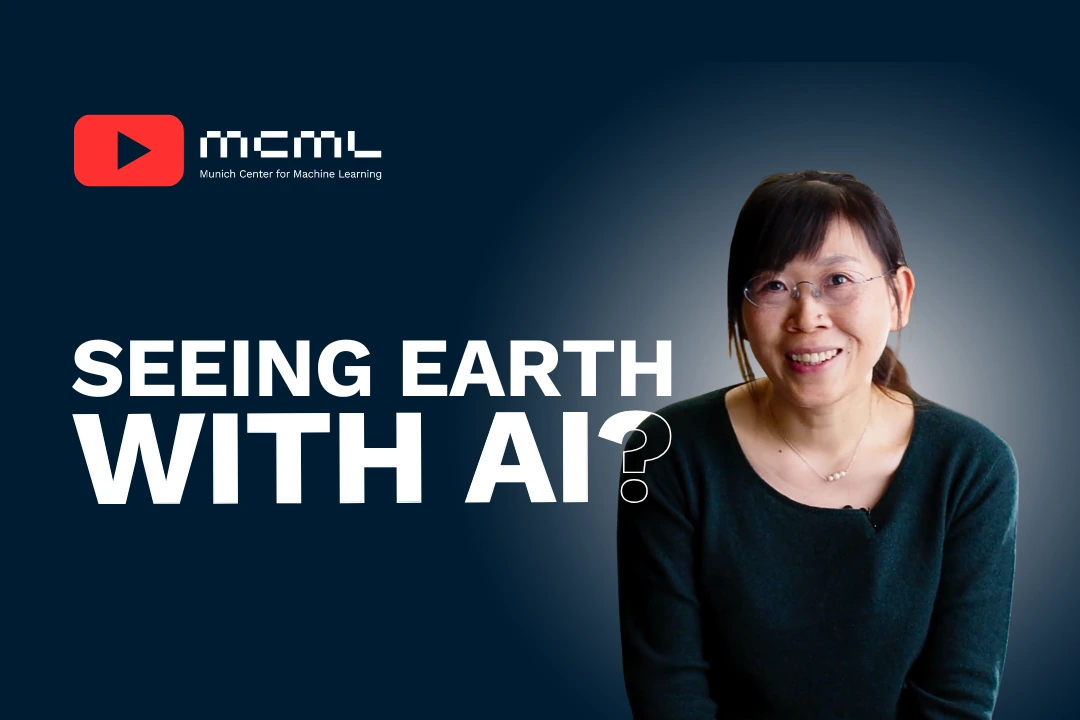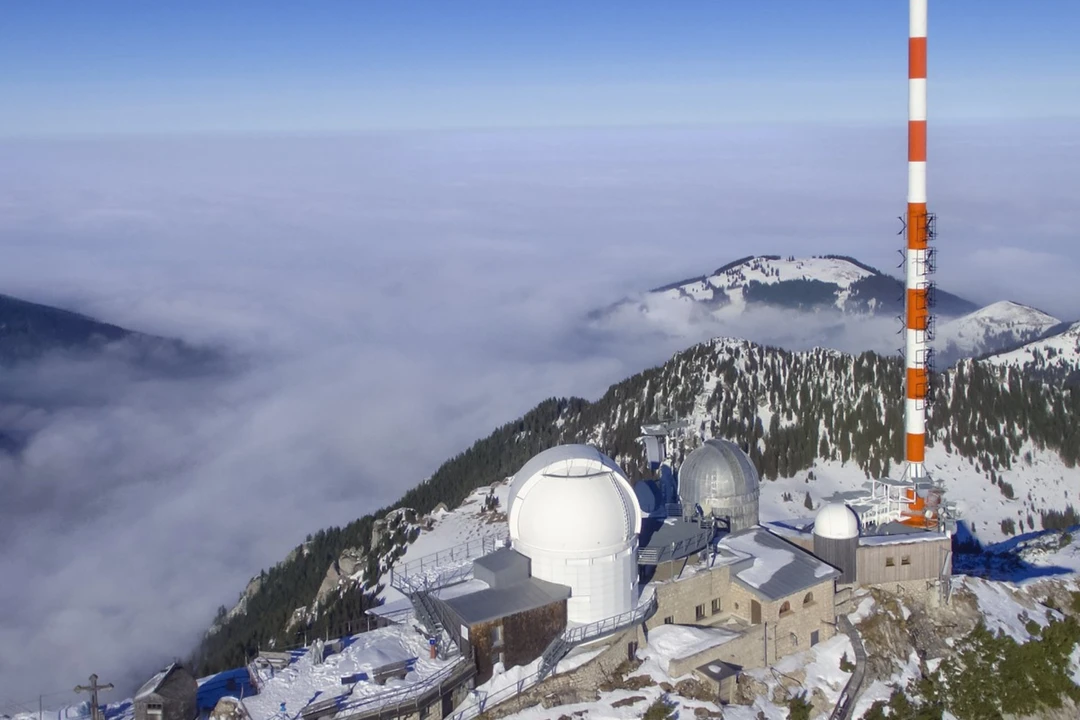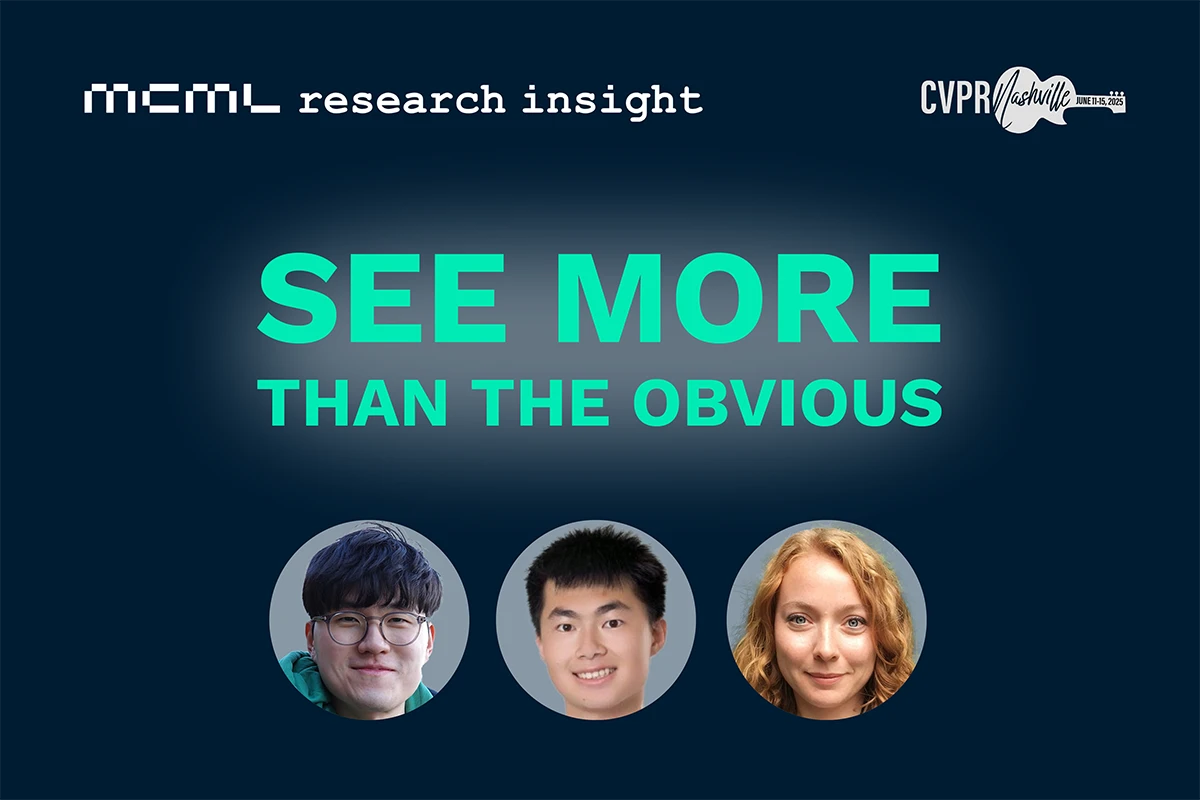30.07.2025

Tracking Our Changing Planet From Space - With Xiaoxiang Zhu
Research Film
From dreaming of seeing the Earth from space to leading efforts to understand our planet using AI and satellite data to tackle urgent global challenges. Xiaoxiang Zhu, Chair Professor for Data Science in Earth Observation at TUM and PI at MCML, develops machine learning systems that analyze petabytes of satellite imagery. Her work focuses on extracting reliable geo-information from raw data, especially in places where data is scarce or misleading.
In this video, Xiaoxiang Zhu explains how her team segments informal settlements across the Global South and estimates population density using building height and function. These tools help close critical knowledge gaps, particularly in regions where poverty is underrepresented in current datasets.
Her aim is to turn complex remote sensing data into actionable insights for addressing urbanization, climate change, and the UN’s Sustainable Development Goals. By combining technical innovation with social impact, her work shows how AI can help us better understand — and improve — life on Earth.
©MCML
The film was produced and edited by Nicole Huminski and Nikolai Huber.
Related

24.02.2026
Cosmology: Measuring the Expansion of the Universe With Cosmic Fireworks
Daniel Gruen leads LMU’s campaign on rare SN Winny to refine the Hubble constant and address the Hubble tension in cosmology.

19.02.2026
COSMOS – Teaching Vision-Language Models to Look Beyond the Obvious
Presented at CVPR 2025, COSMOS shows how smarter training helps VLMs learn from details and context, improving AI understanding without larger models.

05.02.2026
Daniel Rückert and Fabian Theis Awarded Google.org AI for Science Grant
Daniel Rueckert and Fabian Theis receive Google.org AI funding to develop multiscale AI models for biomedical disease simulation.

